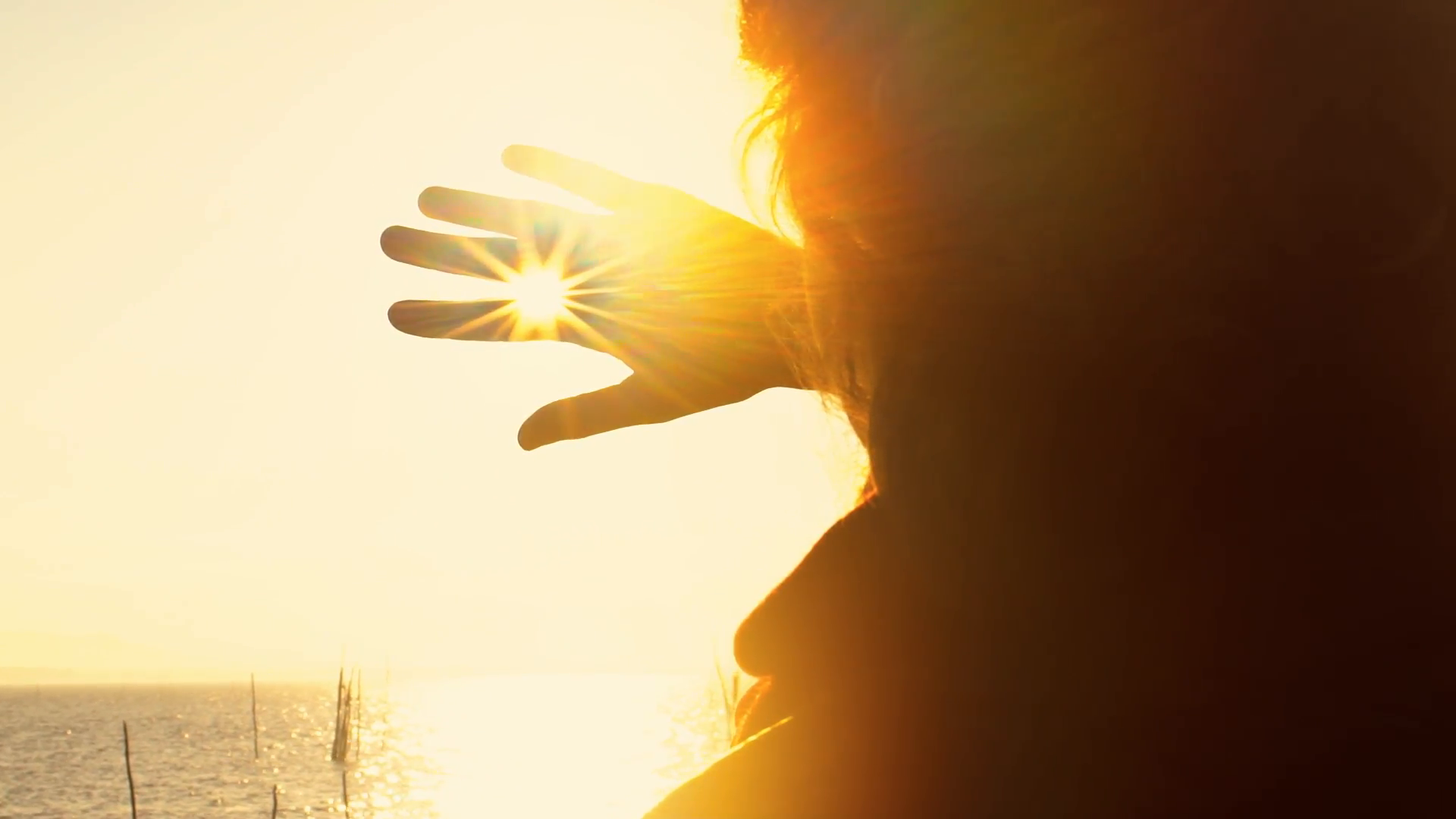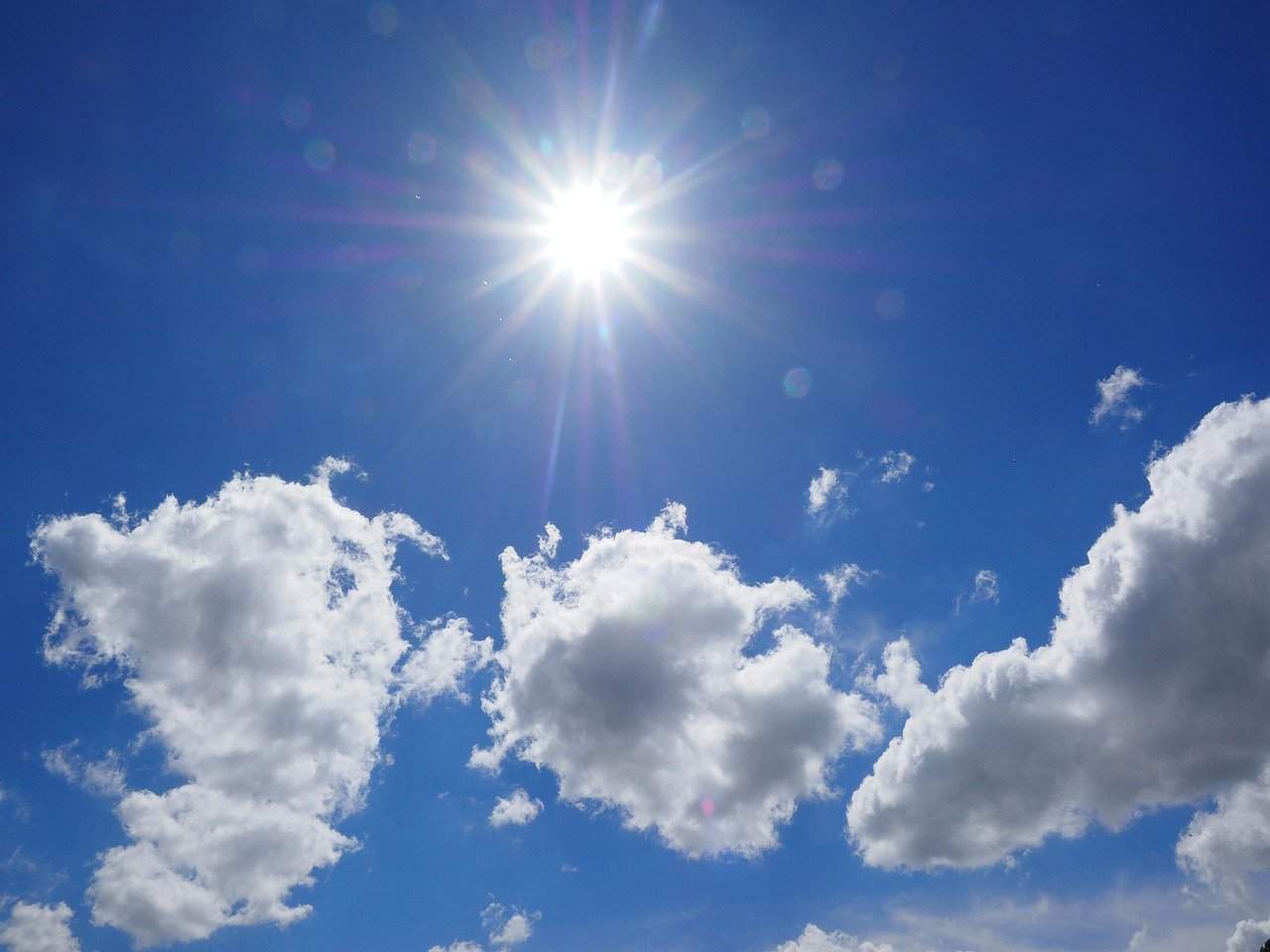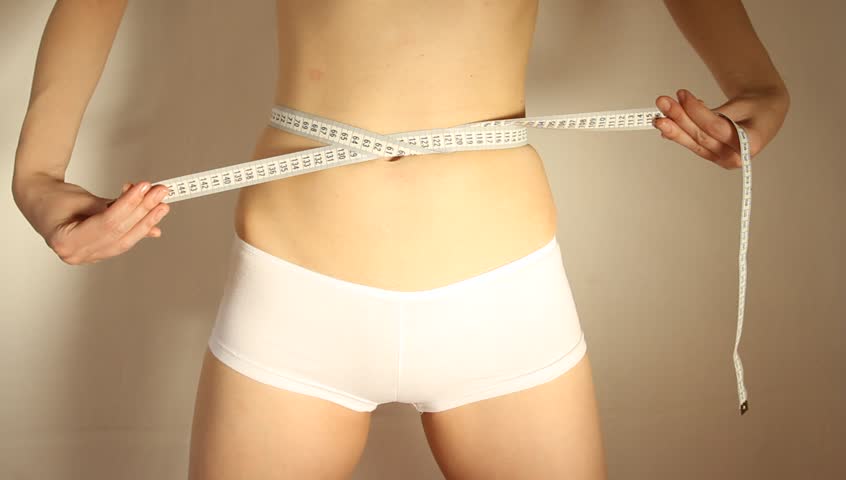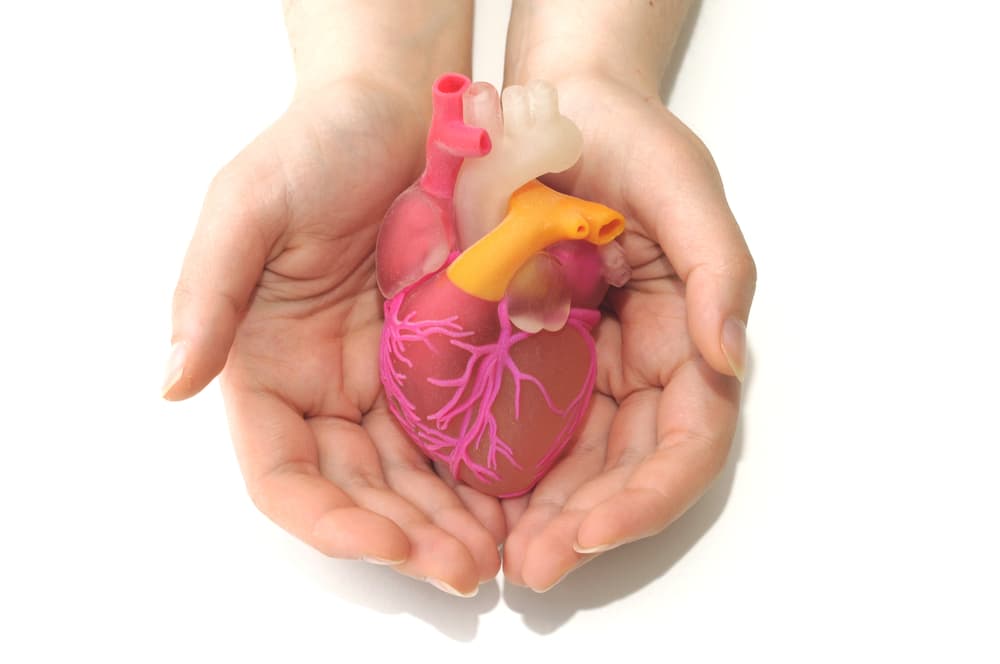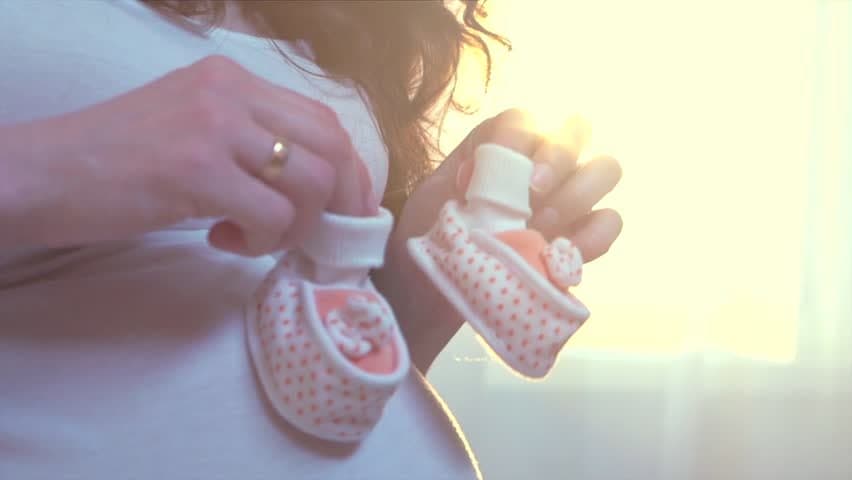Contents:
- Medical Video: What Happens When You Stare At The Sun For Too Long
- Blinding sunlight
- What happens to the eye when looking at the sun with the naked eye
- Linger staring directly at the sun can make you blind
- Protect the eyes when active in the sun
Medical Video: What Happens When You Stare At The Sun For Too Long
Have you ever looked up to look up at the sky in broad daylight? Rarely can be successful because the eyes are already glistening with the rays of the sun that are too hot and bright. But never once tried to stare at the sun directly with the naked eye. This is what will happen to your eyes if you are determined to glare at the sun.
Blinding sunlight
Apparently, reflex squinting or hurriedly looking for shade when lingering under sun exposure - either by "covering" the face with your hands or wearing sunglasses - not just because of heat or glare. This is an automatic and instinctive reaction for every human being to avoid direct contact with the sun as much as possible for his own safety.
The eyes are very sensitive to bright light. The sun is basically a source of massive hot explosions that occur without stopping. Once you decide to see the sun with your naked eye, sunburn can cause serious eye damage and sometimes it cannot be restored. UV rays are the type of sunlight that can most damage the eyes, especially if reflected by sand, snow or water.
What happens to the eye when looking at the sun with the naked eye
The sunlight that falls right in the eye will burn the eyeball. This process is very similar to how sunlight can burn the skin, which you may have experienced when it was hot outside.
When you look right at the sun for a while, the heat emitted by UV light will be concentrated very hard on the cornea (the outermost layer of the eye that is transparent) so that the cornea begins to blister and crack.
Eye damage due to direct exposure to sunlight is known as photokeratitis. Symptoms usually appear several hours after the first exposure and begin with the production of excessive tears, red and inflamed eyes, then a sandy sensation arises like you are rubbing your eyes with sandpaper.
If you are brave and endure to look at the sun for much longer, then you will experience damage to the retina and macula. The retina is a tissue in the back of the eye to project images to the brain, which is very sensitive to light.
The ultra-hot light from the sun that penetrates the retina can directly burn and scorch the retina. Worse yet, the retina has no pain receptors. So, you don't know the damage has happened until it's too late.
Linger staring directly at the sun can make you blind
This is evidenced by an experiment by Mark Thompson, an astronomer and TV presenter. Reporting from IFL Science, Thompson experimented using the eyes of a dead pig, which was placed to see sunlight through a telescope for 20 minutes. In that time frame, the sun has burned the cornea of the pig's eye.
Pig eyes have similarities with human eyes. Therefore, this experiment is quite representative of the impact that might occur on the eyes and vision if you are really desperate to test the guts to glare at the sun.
A retina that burns due to exposure to excessive UV light can cause a partial blind eye, which is in the form of a dark circle right in the center of your field of vision. In most cases, this loss of vision is temporary. But it does not rule out the possibility of causing permanent blindness.
Various scientific studies and research from the United States space program even show that even "small portions" of UV radiation exposure that continue over many years can increase your risk of developing cataracts, pterygium and pinguecula.
Protect the eyes when active in the sun
Can humans really be blind immediately after seeing the sun? Maybe not always. But the damage you experience can be so severe that the eyes will no longer be able to see properly in detail.
There are a number of things you can do to protect eye health while doing outdoor activities, while the weather is hot. Wear a wide-brimmed hat or wear sunglasses.
However, a pair of ordinary sunglasses won't protect your eyes from UV light. You need sunglasses that have a UV protection layer with 100% protection. Also make sure there is a 400nm UV label printed on the sunglasses you are wearing.
What about the color of the lens? Black lenses are probably the best choice. But the alternative, you can choose gray lens glasses that can reduce brightness and glare. The color of the lens with shades of green, dark reddish brown, to reddish pink can also reduce tired eyes in bright light.

